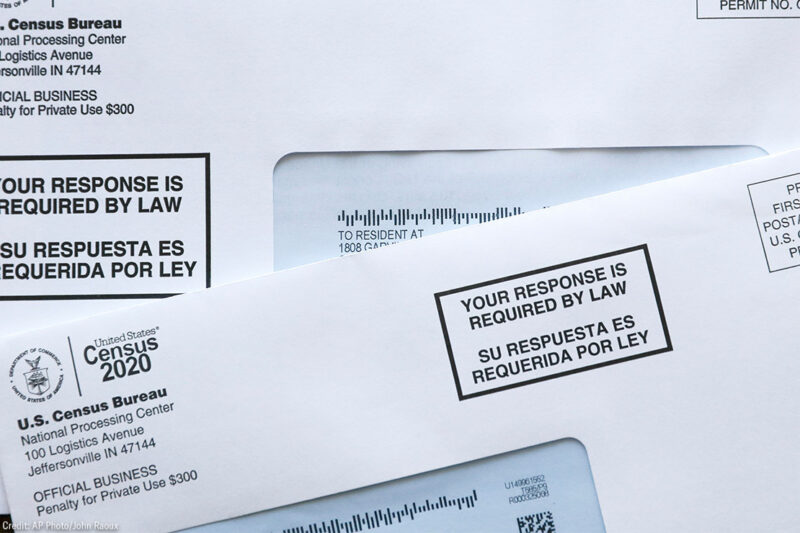The Added Importance of the Census, in Light of COVID-19


Last year around this time, my biggest worry was how the inclusion of the Trump administration’s proposed citizenship question would depress participation in the decennial census. Thankfully, our Supreme Court victory means there is no citizenship question on the census. Now, I have a new worry: a global pandemic and the health of my loved ones. As it turns out, the 2020 Census plays a role here too, as it will have enormous implications on our health care for decades to come.
Specifically, the census will determine the allocation of $300 billion dollars of federal aid for the states’ health care — money for programs like Medicaid, which covers low-income individuals, families, and persons with disabilities; the Children’s Health Insurance Program, which helps uninsured, low-income children; and other programs that help assure vulnerable people, including immigrants, can get health care when they need it.
As I shelter in place in New York, the epicenter of America’s COVID-19 pandemic, the potential impact is tangible. Even before “self-isolation” and “shelter in place” became part of our country’s lexicon, New York was in danger of an undercount. According to the , New York City’s all-important initial response rate is projected to be 58 percent — woefully short of the 2010 national average of . But across the country, there are safe ways to practice social distancing and fill out the census — online, by the phone, or by mail (just don’t lick the envelope).
These worrying trends were exacerbated by the Trump administration’s unlawful attempt to include a citizenship question on the census. While my organization, the New York Immigration Coalition, amongst other partners including the ACLU, successfully argued against the inclusion of the question, participation in the census by immigrant populations became less and less likely each passing month. Just the threat of this question, coupled with increasingly aggressive targeting of our communities by Immigration and Customs Enforcement, have forced immigrants nationwide into the shadows and made participation in the census highly suspect.
Now immigrants stand on the frontlines of COVID-19 — nursing our elderly, cooking and delivering our meals, and driving us back and forth from the hospital, with even fewer protections. In short, our immigrant communities are keeping us functioning, and we must ensure that they don’t lose deserved resources and representation. As the COVID-19 pandemic creates a different kind of fear among immigrants, it's more vital than ever before that every state gets its fair share of federal funding to ensure our hospitals and our entire infrastructure — from libraries to schools to roads — are better prepared for the next crisis.
But we can draw on the lessons we learned fighting the President’s attempts to exclude immigrants. To that end, we are deploying several tools to ensure an accurate count of everyone in the United States — using text-banking, virtual phone banking, Zoom trainings for community-based organizations, and multilingual messaging.
There is no doubt that the challenge before us is monumental. After all, even the influenza pandemic of 1918 took place in a non-census year. Nonetheless, we are working hard with every social distancing tool at our disposal to ensure that every immigrant and everyone in the U.S., from all backgrounds, are fully represented in the nation’s once-in-a-decade count of its populace. At stake is billions of dollars for local schools, hospitals, libraries, businesses, and the health and well-being of everyone in our country.



